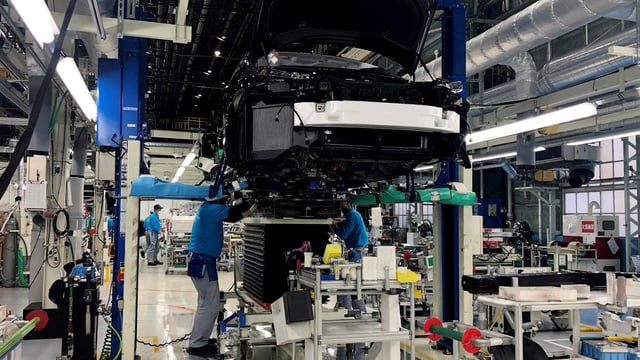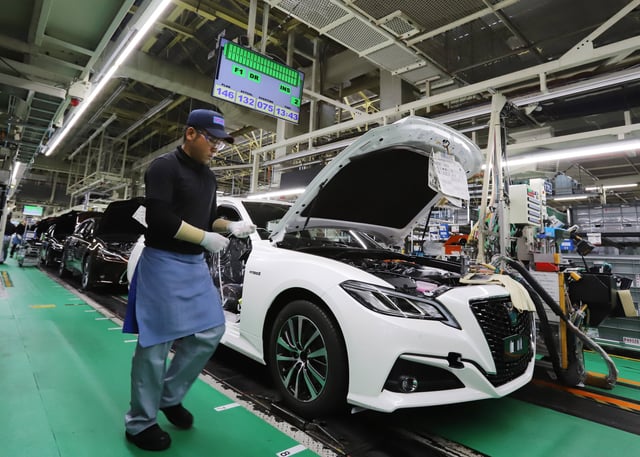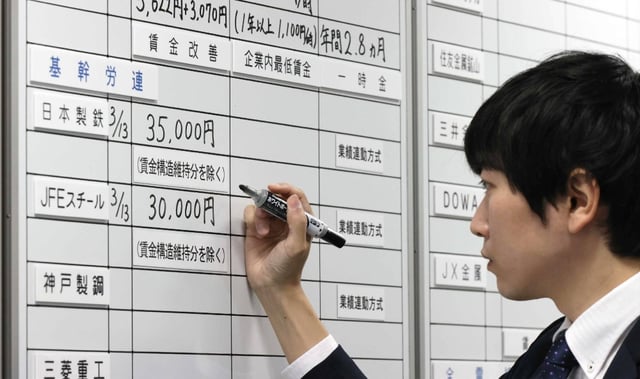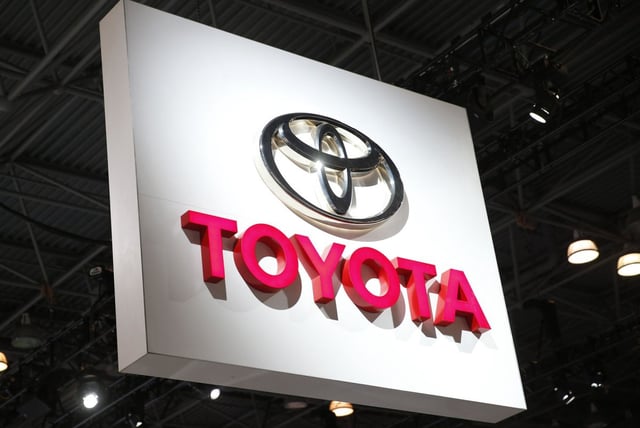Overview
- Japan's largest industrial union reports the most substantial wage increases since 2013, with an average rise of 5.9% for full-time and 6.5% for part-time workers.
- Toyota, Nissan, and other major companies fully meet union demands for pay hikes, setting a precedent for wage growth across the economy.
- The wage increases are expected to contribute to sustainable inflation, potentially ending the era of negative interest rates in Japan.
- Economists highlight the importance of these pay raises in stabilizing the economy and addressing chronic deflation.
- The Bank of Japan may adjust its monetary policy in response to the wage growth, with speculation of ending negative interest rates at the upcoming policy meeting.



